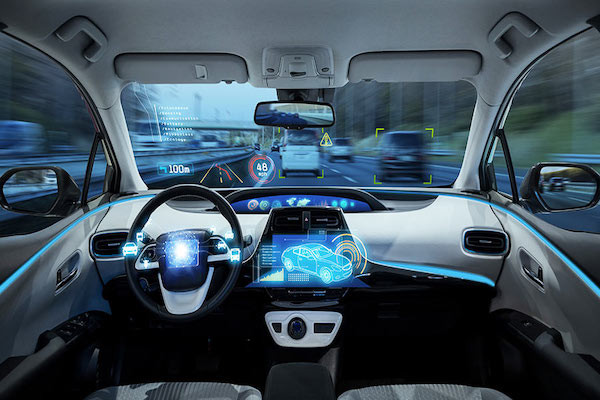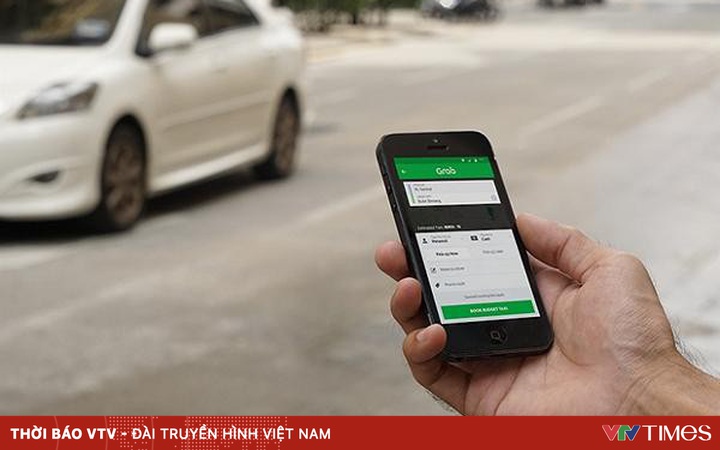Driverless taxis are first deployed in China
Artificial intelligence (AI) technology and self-driving cars are two areas that the Chinese search giant is focusing on commercializing investment. They are also one of the first two companies licensed to deploy a fleet of driverless taxis (robotaxi). Although the new license is only valid in certain areas, it has shown a loosening of state regulation in this area.

Under the published license, Baidu and AI driving startup Pony.ai can now operate self-driving cars with a safety officer in the passenger seat, while previous regulations required people to be available. Be ready to control the steering wheel in an emergency situation. This is a big step towards cars without human intervention, which Wei Dong, Vice President of Baidu has predicted will appear soon this year.
“This is a change in nature. Before that, it was often required that someone be behind the wheel to react immediately,” said Wei, of Baidu’s self-driving car safety unit. “Now you can give it all back to the machine.”
However, both companies have yet to charge a user fee, which means that everyone will be able to experience these vehicles completely free of charge.
Baidu transitions to AI and self-driving cars after revenue from the company’s core advertising business tumbled. Its smart car business supplies software to car makers such as Geely Automobile Holding and operates fleets of robotaxi vehicles in nine cities, including Guangzhou and Beijing. Meanwhile, the company’s electric version of the car has also raised $ 400 million in capital and started large-scale production in 2023.
The new license for Apollo Go, Baidu’s ride-hailing service, was issued by Beijing’s senior autonomous vehicle testing administration officials in a suburb the size of Manhattan in the United States.
In 2020, Google’s Waymo will also launch a fully self-driving car rental service in Phoenix, but Wei says traffic conditions in China’s megacities like Beijing present more of a challenge.
Baidu says the company plans to bring Apollo Go to 65 cities in the country by 2025 and 100 cities by 2030. Its ride-hailing platform currently has about 300 vehicles, with each vehicle being able to accommodate nearly 300 vehicles. 18 flights/day in big cities like Shanghai. Wei said the robotaxi service could be profitable in some areas within three years.
Vinh Ngo (according to Bloomberg)
at Blogtuan.info – Source: vietnamnet.vn – Read the original article here



